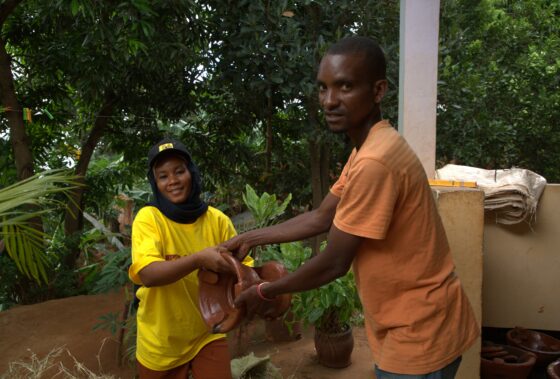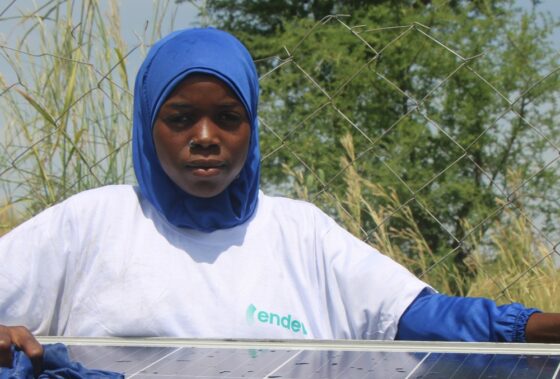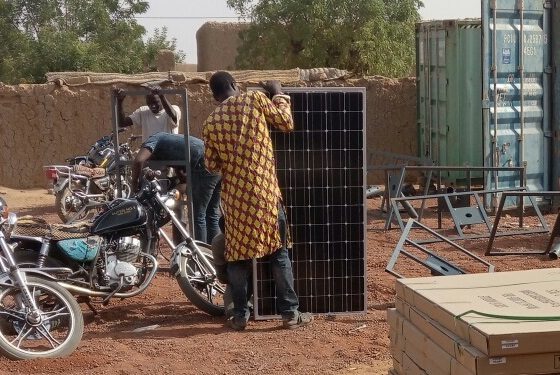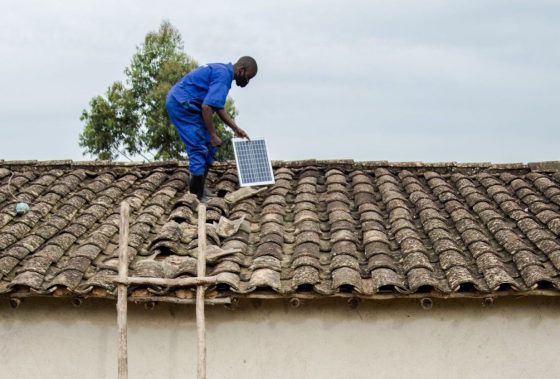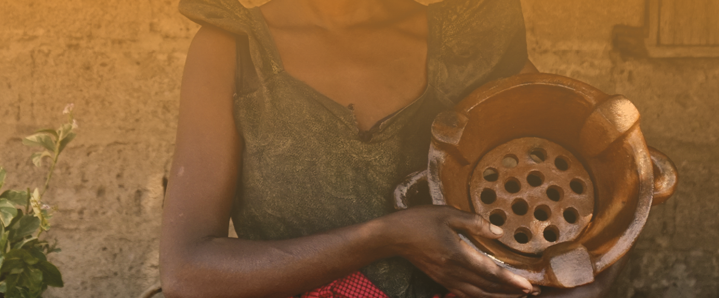
Tanzania
In Tanzania, a large part of the national energy consumption is directed to domestic use, such as cooking and lighting. In rural areas, most people do not have access to electricity. They use kerosene lamps for lighting and cook with biomass, using the traditional three-stone-method. Thus, rural energy service delivery is one of the most significant development challenges for Tanzania. EnDev’s implementing partner SNV supports the production of improved cookstoves and helps establish a market for pico photovoltaic. The project emphasizes inclusion and gender aspects, especially targeting vulnerable and refugee households.
Technologies used in this project
- Improved cookstoves
- Stand-alone systems
Country data
- People with access to modern cooking energy: 1,506,401*
- People with access to electricity: 288,377*
- MSMEs with access to modern energy services: 220*
- *Achievements until December 2024
Approach
EnDev continues to drive the adoption of clean cooking solutions in Tanzania with a comprehensive approach that combines training, financing, behavior change, and strategic partnerships.
-
Technical and business development training for ICS producers (e.g., Jiko Matawi stove makers).
-
Non-monetary incentives based on verified sales (e.g., tools, facility upgrades, and marketing materials).
-
Gender-inclusive training, integrating spouses into business development.
-
One-on-one coaching and distribution of promotional materials to strengthen producer capacity.
-
Behavior change communication (BCC) activities, including:
-
Training of producers in communication, sales, and marketing.
-
Training of Clean Cooking Advocates (CCAs) who promote clean cooking in communities.
-
Establishment of Jiko Matawi kiosks and Ideal Kitchen demonstration units to raise awareness.
-
-
Partnerships with PAYGo companies (e.g., Green Light Planet, ZOLA Electric) to promote eCooking.
-
Cooperation with SACCOS, enabling access to loans for electric cooking appliances through revolving funds.
-
Support for local associations like TAREA and TACCS, including the launch of the TACCS Women Chapter to promote gender equality in the clean cooking sector.
These are the newly introduced or expanded activities made possible through the top-up funding:
-
“Establish” – Supply chain improvements:
-
New assessments and pilot solutions to overcome raw material supply issues for rural ICS producers (e.g., lack of access to metal sheets).
-
-
“Entrench” – Kigoma region expansion: Scaling the BCC model to the Kigoma region, including:
-
Expansion from pilot to growth phase.
-
Supporting 20 ICS producers with supply-side measures.
-
Training new CCAs and working with local government officers.
-
-
“Evolve” – Scaling eCooking adoption: Launch of a second round of the Clean Cooking Development Fund (CCDF).
-
Increased incentive per eCooking device (from €10 to €20).
-
Inclusion of up to 10 new enterprises (PAYGo and SACCOS).
-
Support for piloting new marketing and sales strategies.
-
Additional stock and results-based financing to increase eCooking availability.
-
All activities will be implemented by SNV Tanzania, which has successfully led EnDev efforts in the country since 2013.
Learn more about EnDev´s approachImpacts
To get a better impression of how EnDev Tanzania’s work is changing people’s lives, please see the short videos in the below.
To further its gender approach in Tanzania, EnDev/SNV trains as many female, as male ceramic and metal artisans. So far, most women-led enterprises undergoing this training were able to increase their sales and thus their income.
